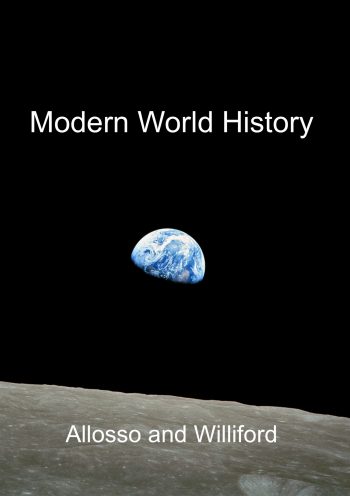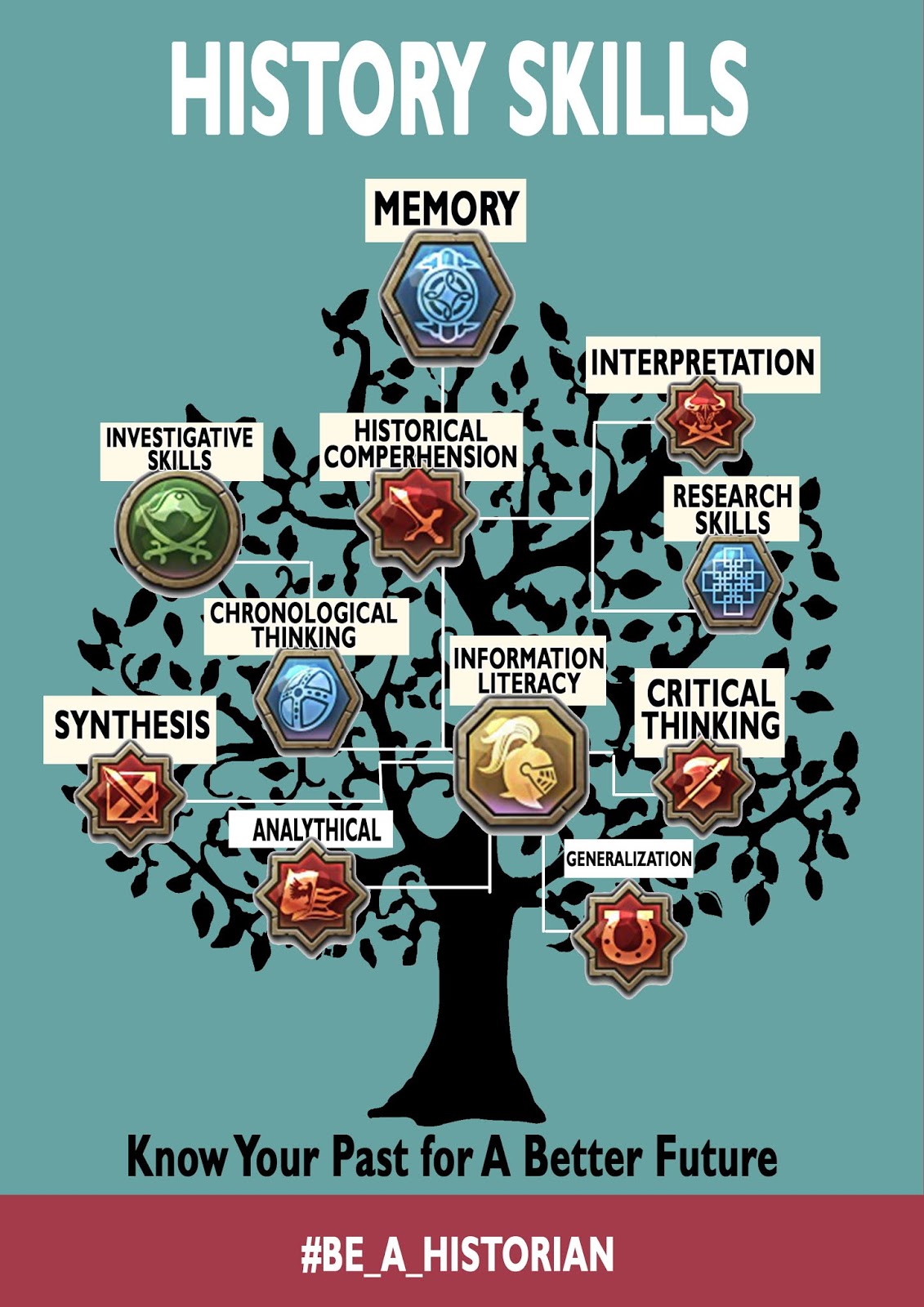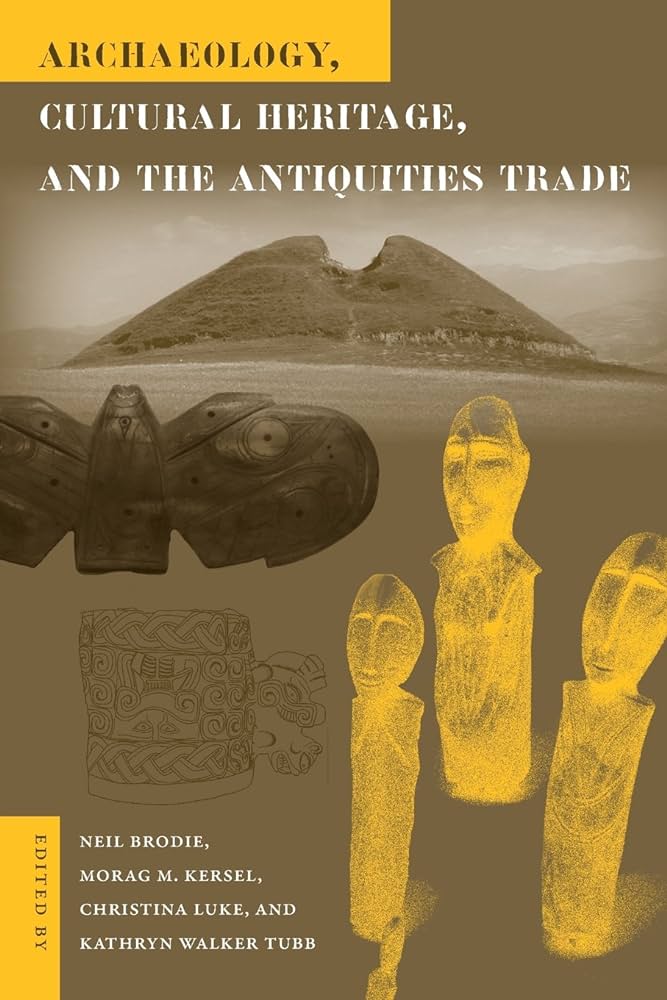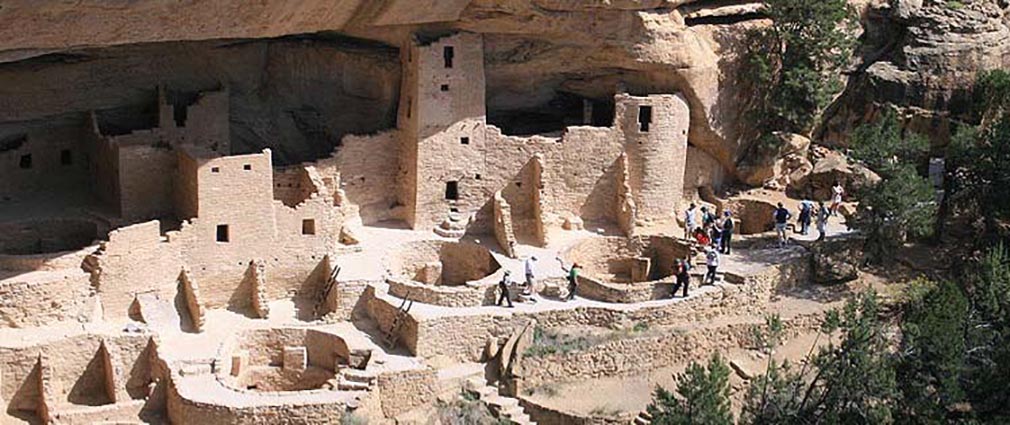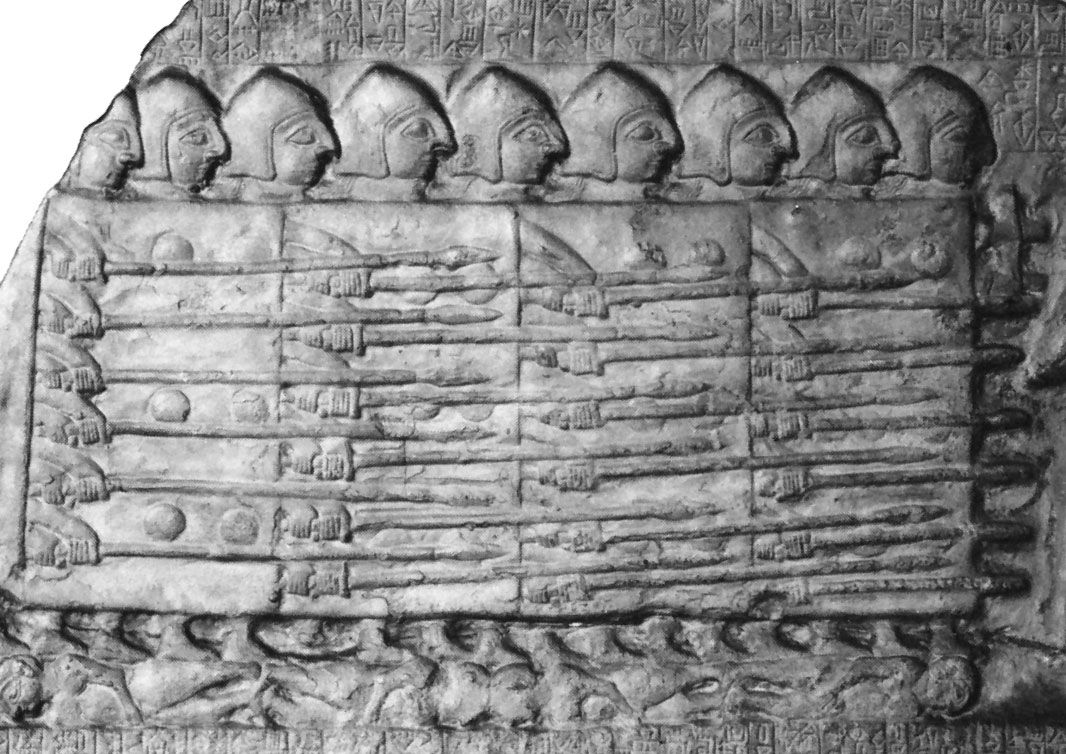Exploring the Shifting Narratives of Modern History
In the realm of history, narratives play a crucial role in shaping our understanding of the past. They provide us with accounts of events, people, and societies, allowing us to make sense of the world and learn from our collective experiences. However, history is not a fixed entity; it evolves as new perspectives, evidence, and interpretations emerge. In this blog post, we will delve into the shifting narratives of modern history, exploring how our understanding of the past continues to evolve and why it is essential to examine multiple perspectives.
1. The Concept of Shifting Narratives
– Shifting narratives refer to the changing interpretations of historical events over time.
– New evidence, changing social contexts, and evolving perspectives contribute to these shifts.
– Multiple narratives exist, each influenced by cultural, political, and ideological factors.
2. The Influence of Historiography
– Historiography refers to the study of how historical writing and interpretations have evolved.
– Historians from different periods and cultural backgrounds provide varying interpretations of events.
– Understanding the historiographical context is crucial in examining the shifting narratives.
3. Uncovering Hidden Histories
– Shifting narratives often involve rediscovering overlooked or marginalized aspects of history.
– Social movements, such as feminist and postcolonial movements, have shed light on previously marginalized voices.
– These reinterpretations help create a more inclusive and comprehensive understanding of the past.
4. Reevaluating Historical Figures
– Shifting narratives also involve reevaluating the roles and significance of historical figures.
– Previously celebrated figures may be reassessed or critiqued based on new evidence or changing perspectives.
– This process helps us approach history with a more nuanced and complex understanding.
5. The Impact of Digital Archives and Technology
– Digital archives have democratized access to historical sources and facilitated new research possibilities.
– Technological advancements, like data analysis and visualization, enable new insights into historical data.
– The increased accessibility and use of technology have contributed to the diversification of historical narratives.
6. The Importance of Multiple Perspectives
– Examining multiple perspectives is crucial to gaining a comprehensive understanding of history.
– Multiple narratives enrich our understanding and challenge dominant narratives.
– It encourages critical thinking and fosters empathy and understanding across diverse viewpoints.
7. Engaging in Critical Historical Analysis
– Engaging with shifting narratives requires critical thinking and scrutiny of sources and evidence.
– Evaluating bias and considering multiple interpretations contribute to a more accurate historical understanding.
– This engagement helps us navigate the complexities of modern historical narratives.
8. Embracing the Evolving Nature of History
– The shifting narratives of modern history demonstrate that history is a dynamic field.
– Evolving scholarship pushes us to continually question and reassess our understanding of the past.
– Embracing the evolving nature of history ensures that our knowledge remains relevant and accurate.
In conclusion, exploring the shifting narratives of modern history is both a fascinating and necessary endeavor. By recognizing the evolving nature of historical interpretations, we can gain a more nuanced and accurate understanding of the past. Engaging with a multitude of perspectives and critically analyzing historical narratives helps us construct a comprehensive and inclusive historical outlook. Embracing this evolving nature of history allows us to learn from our past while adapting to the complexities of the present.







